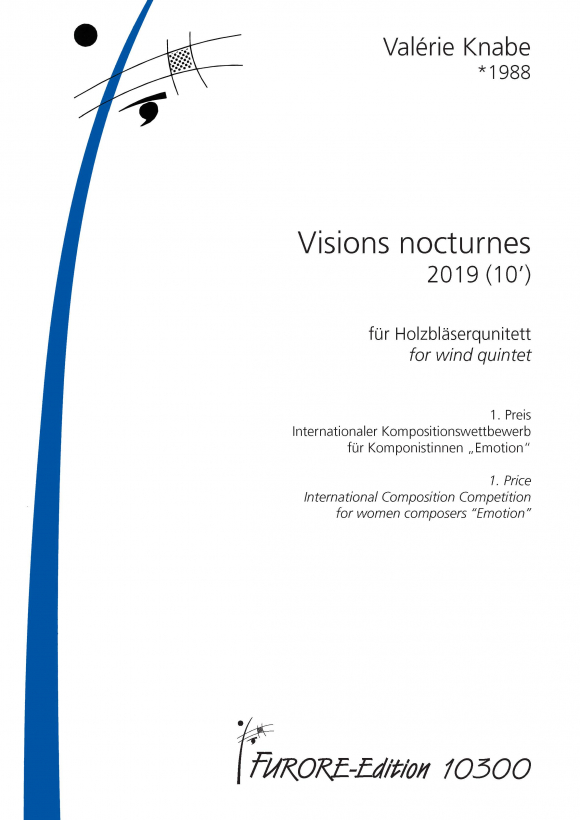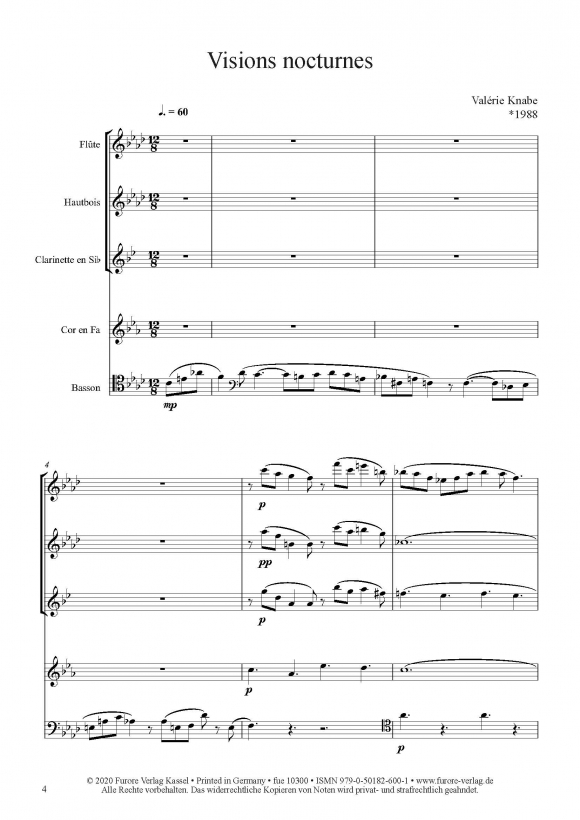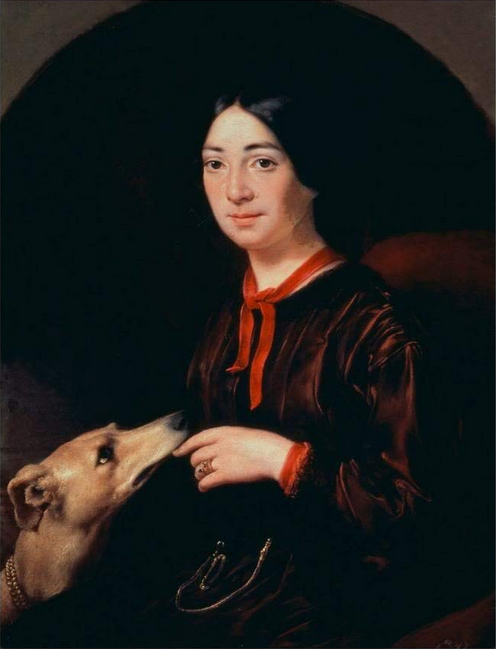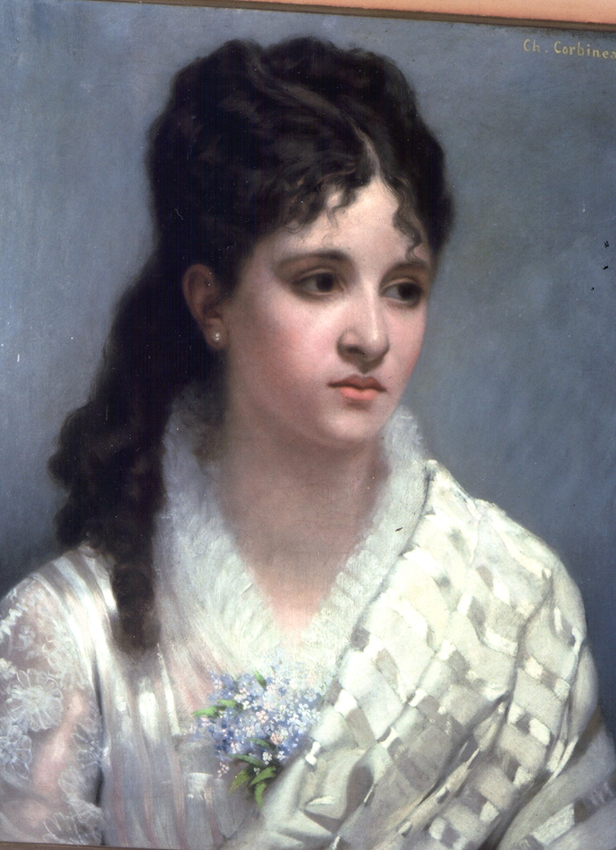Voucher 35 years of Furore
Voucher campaign for all customers
For the 35th anniversary, we are launching a voucher campaign – a little thank-you-gift for our customers:
The first 35 customers who order goods with a minimum value 20 euros via our webshop from Saturday, July 17th 2021, 10 a.m., will receive a voucher worth 10 euros for their next order. The voucher promotion code will be sent with the order. No cash payment possible.












